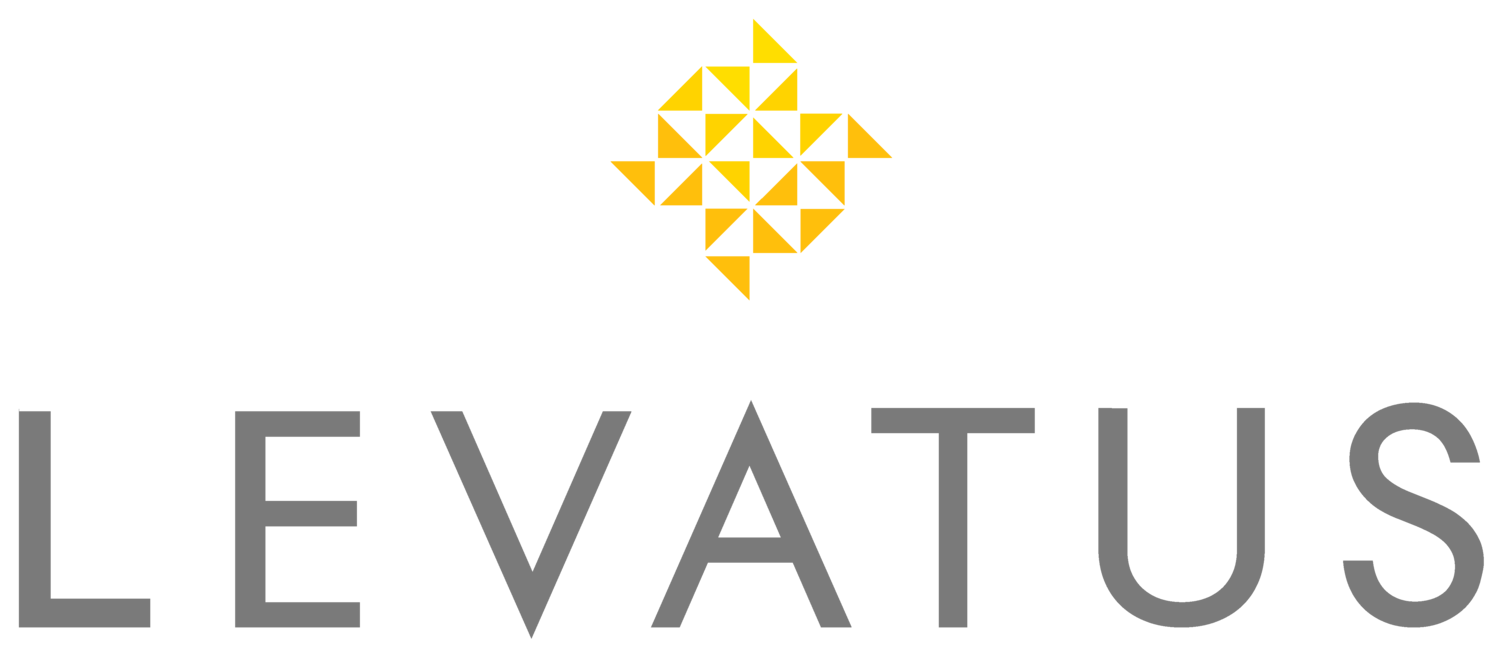LEVATUS Q + A | Should I Open a Donor-advised Fund?
Donor-advised funds are accessible, efficient, and empowering.
Photo by Austin Distel
In an era where philanthropy plays an increasingly pivotal role, the donor-advised fund has emerged as a strategic vehicle for charitable giving. Offering donors flexibility, impact, and tax benefits, these funds have reshaped the landscape of philanthropic endeavors.
Q: What is a donor-advised fund (DAF)?
A donor-advised fund (DAF) is a philanthropic investment vehicle. Donors contribute to the fund, receiving an immediate tax deduction, and then direct grants from the fund to qualified charitable organizations over time.
Q: How does a donor-advised fund work?
A donor-advised fund works in several steps:
Contribution: Donors contribute cash, securities, or other assets to the fund, receiving an immediate tax deduction for the full value of the contribution in the year it is made.
Investment: The contributed assets are invested for potential growth. Donors can typically choose from a range of investment options offered by the fund.
Grant Recommendation: Donors can recommend grants from the fund to qualified charitable organizations. The sponsoring organization, which manages the DAF, ensures that the recommended recipients are eligible charitable organizations under IRS regulations.
Distribution: Once the sponsoring organization approves the grant recommendation, funds are distributed to the designated charities.
Tax Reporting: Donors receive documentation for tax reporting purposes, detailing their contributions and grants made from the fund.
Q: What are the advantages of using a donor-advised fund?
Immediate Tax Deduction: Donors receive an immediate tax deduction for their contributions to the fund, even if the funds are distributed to charities in future years.
Simplicity: Managing charitable giving through a DAF can simplify record-keeping and administrative tasks associated with charitable donations.
Investment Growth: Contributions to a DAF can be invested for potential growth, allowing donors to maximize the impact of their charitable giving over time.
Anonymity: Donors can choose to remain anonymous when making grants from a DAF, if desired.
Q: How can one establish a donor-advised fund?
To establish a donor-advised fund, individuals typically work with a sponsoring organization, such as a public charity or a community foundation, that offers DAF services. The process usually involves completing an application, making an initial contribution, and agreeing to any applicable terms and conditions set forth by the sponsoring organization.
Q: Are there any limitations or considerations to be aware of with donor-advised funds?
Irrevocable Contributions: Contributions to a DAF are irrevocable, meaning once assets are transferred to the fund, donors relinquish control over them.
Minimum Contribution Requirements: Some DAFs have minimum contribution requirements to establish and maintain the fund.
Grant Recommendations: While donors can recommend grants from the fund, the sponsoring organization has the ultimate authority to approve or deny these recommendations.
Fees: DAFs may charge administrative fees, investment management fees, or other expenses, which can vary depending on the sponsoring organization.
Q: Who typically uses donor-advised funds?
DAFs are commonly used by individuals, families, and businesses who wish to streamline their charitable giving, maximize tax benefits, and engage in strategic philanthropy over time.
Q: How can one establish a donor-advised fund?
To establish a donor-advised fund, individuals typically work with a sponsoring organization, such as a public charity or a community foundation, that offers DAF services. The process usually involves completing an application, making an initial contribution, and agreeing to any applicable terms and conditions set forth by the sponsoring organization.
Bottom line, donor-advised funds can be a valuable tool for individuals and families looking to streamline their charitable giving, maximize tax benefits, and engage in strategic philanthropy. Consulting with financial and tax advisors can help individuals and families make informed decisions about whether DAFs are the right charitable giving vehicle for them.
investment, Tax, estate
Distilling complex topics down to their essence is a hallmark of the LEVATUS approach.
ABOUT THE AUTHOR
Susan Dahl is a seasoned executive, female leader, and dedicated client advisor with over twenty-five years of international and domestic investment experience. Susan writes on topics such as long-term investment growth and where to find it, the power of female leadership, and the intersection of investment and tax strategy. She is known for her work on investment process design for private wealth clients, as well as her development of a research-based approach to financial advisory service delivery; an innovative approach that addresses quality of life in specific and tangible ways. A deep and diverse background that extends from global investing to risk management to process development and planning, has laid the groundwork for an advisory solution that asks more of wealth. She shares some her most recent work in a talk for TEDx, Can Happy Make You Money?












August 2024 started with a swift drawdown in markets. As with many such corrections, a major contributor was leverage.